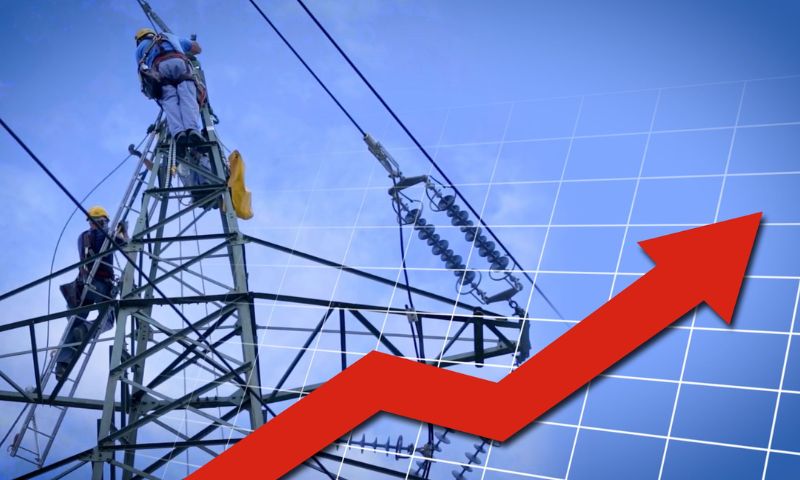Energy bills are a regular part of life for most households, but when those bills start to climb higher and higher, it can become a cause for concern. Understanding what factors contribute to high energy bills is the first step in taking control of your energy consumption and, ultimately, saving money. In this blog post, we’ll delve into some of the common culprits behind skyrocketing energy costs and explore practical strategies to address them.
Inefficient Appliances:
One of the primary contributors to high energy bills is the use of inefficient appliances. Older appliances, such as refrigerators, dishwashers, and washing machines, may consume more energy than their modern, energy-efficient counterparts.
Additionally, appliances that are not properly maintained or are used inefficiently can also lead to increased energy consumption. Regular maintenance, upgrading to energy-efficient models, and adjusting usage habits can all help reduce energy waste and lower your bills.
Poor Insulation and Air Leaks:
Another major factor that can drive up energy bills is poor insulation and air leaks in your home. When hot air can enter during the summer months or cold air can seep in during winter, your HVAC system has to work harder to maintain a comfortable temperature, leading to increased energy usage and higher bills.
Inspecting your home for air leaks, sealing gaps around windows and doors, and ensuring adequate insulation can all help improve energy efficiency and lower your heating and cooling costs.
High Energy Consumption Habits:
Sometimes, our habits and behaviors can contribute to high energy bills. Leaving lights on when not needed, keeping electronics plugged in when not in use, and running appliances during peak energy hours can all lead to unnecessary energy consumption.
By adopting simple energy-saving habits, such as turning off lights when leaving a room, unplugging devices when not in use, and running appliances during off-peak hours, you can reduce your energy usage and save money on your bills.
Inefficient HVAC Systems:
Heating and cooling represent a substantial share of residential energy usage, making inefficient HVAC systems a key factor in escalating energy costs. Aging HVAC units often boast lower energy efficiency ratings, demanding more energy for effective heating or cooling. Consistent upkeep, including air filter replacements and routine professional inspections, is crucial to maintain optimal HVAC system performance.
Furthermore, investing in newer, energy-efficient HVAC systems not only promotes long-term savings on energy bills but also enhances overall efficiency. Additionally, attending to furnace repair needs in Ogden ensures that your heating system operates efficiently, contributing further to energy conservation efforts.
Electrical Appliances on Standby:
Many electrical appliances continue to draw power even when they’re not in use, a phenomenon known as standby power or vampire power. Devices like televisions, computers, and game consoles often remain in standby mode when turned off, consuming energy unnecessarily.
Using power strips to completely cut off power to these devices when not in use or investing in smart power strips that automatically turn off power to inactive devices can help eliminate standby power consumption and reduce your energy bills.
Inefficient Lighting:
Lighting is another area where inefficient technology can lead to wasted energy and higher bills. Traditional incandescent light bulbs are much less efficient than newer LED or CFL bulbs, consuming more energy and generating more heat.
By replacing incandescent bulbs with energy-efficient alternatives, you can significantly reduce your lighting-related energy costs. Additionally, making use of natural light during the day and installing dimmer switches or timers can further enhance energy efficiency and lower your bills.
In Conclusion
High energy bills can put a strain on your finances and your household budget, but by identifying the culprits behind your elevated costs and taking proactive steps to address them, you can regain control over your energy consumption and save money in the long run.
Whether it’s upgrading to energy-efficient appliances, improving home insulation, adopting energy-saving habits, or investing in smart technologies, there are plenty of strategies available to help you lower your energy bills and live more sustainably. By making smart choices and being mindful of your energy usage, you can enjoy greater comfort and financial savings while reducing your environmental footprint.

